Good Economic Results
The precautionary agreement with the IMF, which Romania signed in 2013, expired a couple of days ago.

România Internațional, 28.09.2015, 13:28
The
precautionary agreement with the IMF, which Romania signed in 2013, expired a
few days ago. Although the Romanian economy has registered a significant growth
lately, the Romanian Government plans to conclude another precautionary
agreement to protect Romania’s finances against market shocks. XX is in the
studio with more, in a commentary by Andrea Bojoi.
The 2 billion Euro precautionary
agreement signed by Romania and the IMF in 2013 expired on Saturday. In reality,
the accord has actually been blocked in the past six years, because of the
disagreements between Bucharest and IMF officials regarding the Romanian
Government’s fiscal plans. In early 2015, authorities tried to adopt a big
tax-reduction package through the new Fiscal Code, but representatives of the
international financial institutions, just like the Fiscal Council and the
National Bank, criticized the initiative.
One day after the agreement expired,
Prime Minister Victor Ponta wrote on a socializing network that in 2015
Romania’s economic situation has changed dramatically as compared to 2009, when
the first accords with international lenders were signed, and Romanians’ living
standards and incomes have increased significantly. To make his point, the Premier
presented some comparative figures. In 2009 the economic growth stood at minus
6,6%, as compared to 3.7% growth rate registered in the second quarter of 2015.
The budget deficit in 2009 was 9% of the GDP, while in 2015 the estimated
deficit stands at 1.45% of the GDP. Ponta also wrote that Romania is as safe
and stable economically as any developed member of the EU, quoting an
information published by the Standard and Poors rating agency.
According to the
same agency, Romania’s risk of defaulting on payments is only 7.8%, as compared
to the period between 2009 and 2011, when Romania was among the 10 countries
with the highest risk of defaulting. The IMF has recently confirmed that, if
the trend is maintained, Romania is likely to outrank, from an economic point
of view, countries such as Portugal, Greece and the Czech Republic. Although
the current agreement with the IMF has expired and the country’s economic
situation is good, the Finance Minister Eugen Teodorovici has announced that
Romania plans to start negotiations with the international lenders for a new
precautionary agreement, which would come into force in 2016. In his opinion,
such an agreement is necessary to protect Romania’s finances against potential
market shocks and to facilitate cheaper loans from the world markets.
According
to experts, the explanation for such a decision lies with the current context,
in which the provisions of the new Fiscal Code and the upcoming salary increase
in the budget system are estimated to bring the deficit close to 3% in 2016. In
their opinion, negotiating a new loan will be more difficult now, given that
the Romanian officials have almost all the time disagreed with the IMF with
regard to the latest accord. Still, they are expecting a clear direction in the
relations between the two parties to be established in the coming period.






























